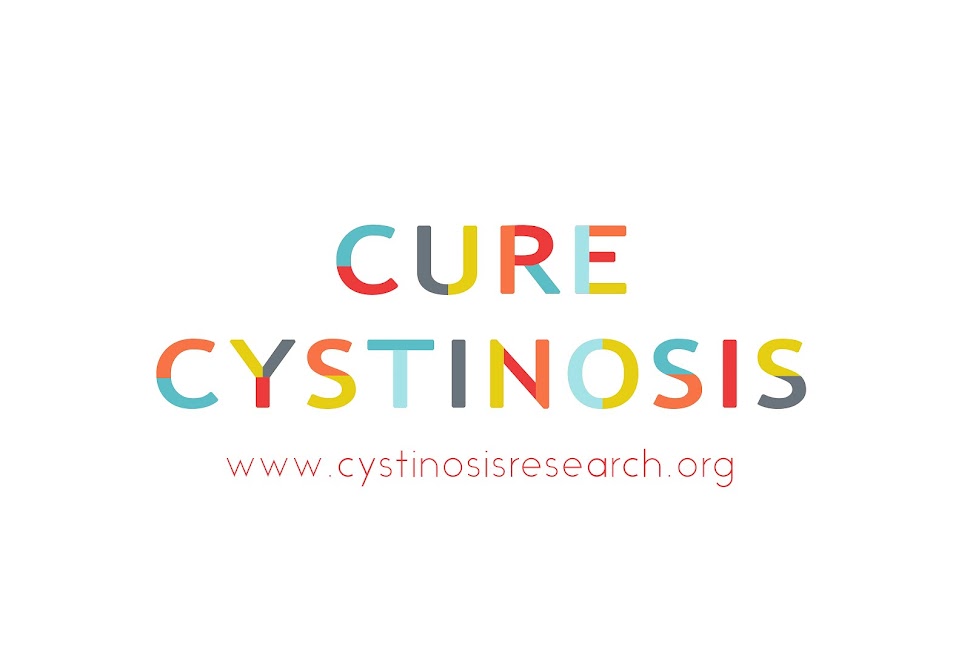On Thursday we met with our nephrologist. He spent about an hour going over his thoughts and what the plan is from here. He is just as baffled by the diagnosis of membranous nephropathy as we are. He sees it in adolescents, but not in kids Sam's age. He is fairly confident it's an autoimmune process in Sam. We are still waiting for the phospholipase A2 antibody test to come back, but he doubts that this is the real problem in Sam. He thinks it's a drug.
What drug? The one that is supposed to be prolonging Sam's life by helping get cystine out of the lysosomes. Cysteamine, also called Cystagon (the short-acting 6-hour pill that Lars is on) or Procysbi (the long-acting $350,000-a-year drug that Sam is on) has a sulfhydryl group on it. The most common drugs (besides NSAIDs) that have been implicated in membranous nephropathy have a sulfhydryl group, including captopril and penicillamine. Something about the way the sulfhydryl interacts with proteins in the body triggers an immune response that has downstream effects that damage the kidneys. This is all speculation, but it's the best hypothesis our nephrologist has. It's a hypothesis that's impossible to prove, and we can't really take him off the drug anyway.
Everyone with cystinosis takes this drug. Why hasn't anybody else every developed membranous nephropathy? Good question. If you search the published literature for a case of cystinosis with membranous nephropathy, you won't find one. Our nephrologist is going to write a case report about Sam, to get it on the books. Just because it's never been published before, doesn't mean it doesn't happen. Other kids with cystinosis do get protein in their urine. Usually it's during the teen years, when the kidney is progressing toward needing a transplant. At that point, people rarely get biopsies. The doctor just blames it on cystinosis and the patient gets a transplant. A lot of patients don't routinely get their urine checked, either, so if there is protein in the urine, it is not being detected. It would be a really interesting study to collect urine samples from a bunch of cystinosis patients to see what the prevalence of albuminuria in the general cystinosis population is . . . I might have to do that study one day.
Enough of the speculation. What is the plan? Well, since it's an autoimmune disease, our nephrologist wants to start with prednisone. We are going to try three months of high dose prednisone to see if we can shut it all down. Prednisone is cheap and it's been around forever. Anyone who has ever taken it will tell you it has side effects. One of the side effects in children is "orneriness." At least we have something to blame when Sam throws a tantrum! Another side effect, and maybe a silver lining, is increased appetite. Sam has only been on the medicine for 4 days, but we can already see this in action. He shovels in the food, and then comes back for seconds and thirds.
The other medicine Sam is starting is lisinopril, an ACE inhibitor. This medicine decreases filtration through the kidney, reducing how much protein leaks out. It is a blood pressure medicine, so we are starting on a real small dose to make sure Sam can tolerate it. It can bump the creatinine too, so we have to be really careful when he gets dehydrated.
The other medicine Sam is starting is lisinopril, an ACE inhibitor. This medicine decreases filtration through the kidney, reducing how much protein leaks out. It is a blood pressure medicine, so we are starting on a real small dose to make sure Sam can tolerate it. It can bump the creatinine too, so we have to be really careful when he gets dehydrated.
We got some more bad news last week as well. Sam's cystine level came back at 1.99. It is supposed to be below 1. His levels have been really hard to control ever since he switched to swallowing pills, and since he started school. It screwed up our whole schedule. We went up on the dose of Procysbi, and we are also stopping night feeds, since the Boost formula negatively affects Procysbi absorption. It's nice for Sam to not have to do night feeds anymore, but we do worry about him getting enough calories. Hopefully starting the prednisone will balance that out.
So that's the plan. Prednisone for 3 months, lisinopril probably indefinitely. We'll be checking labs every 2-4 weeks and hopefully get things under control. If prednisone doesn't work, we'll be moving to the next line, which would probably be rituximab and cellcept. Our nephrologist said he would never use cyclophosphamide or cyclosporine in someone Sam's age (sigh of relief). Too many side effects. He is actually pretty optimistic that we can get the disease into remission, which is reassuring. We'll just have to wait and see.
Thanks for all your prayers and kind words of support. They mean a lot.


No comments:
Post a Comment